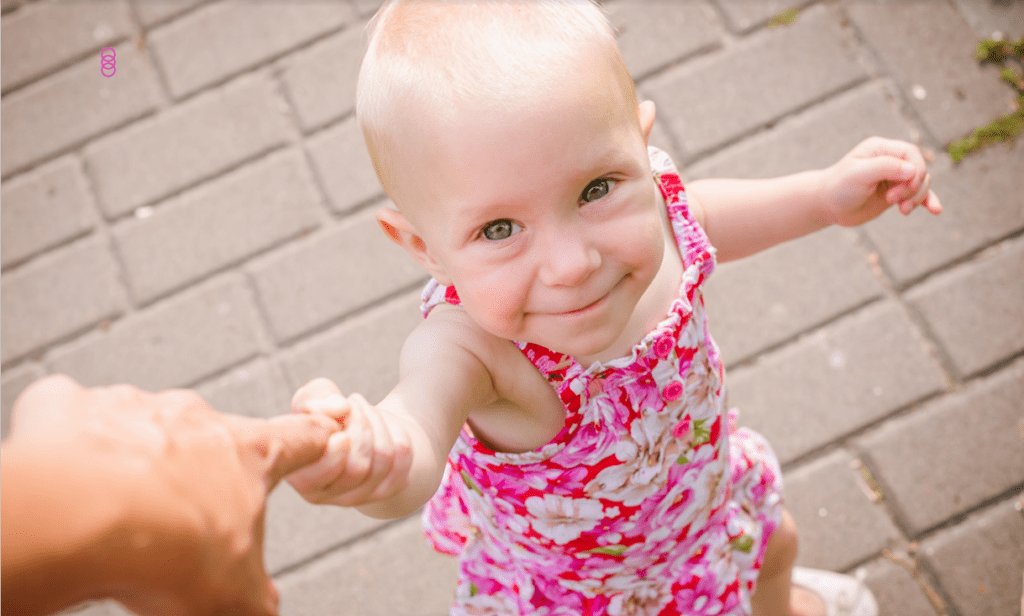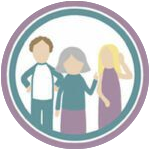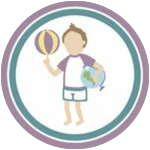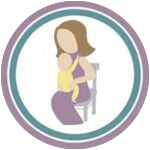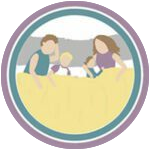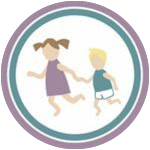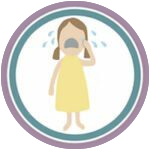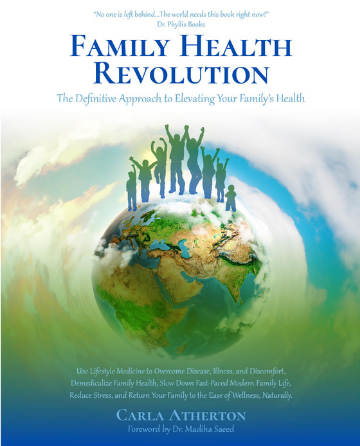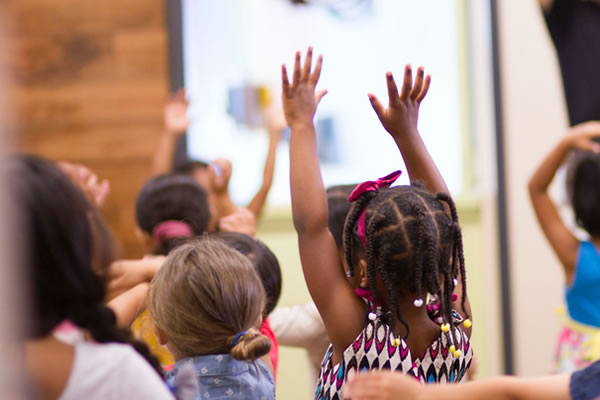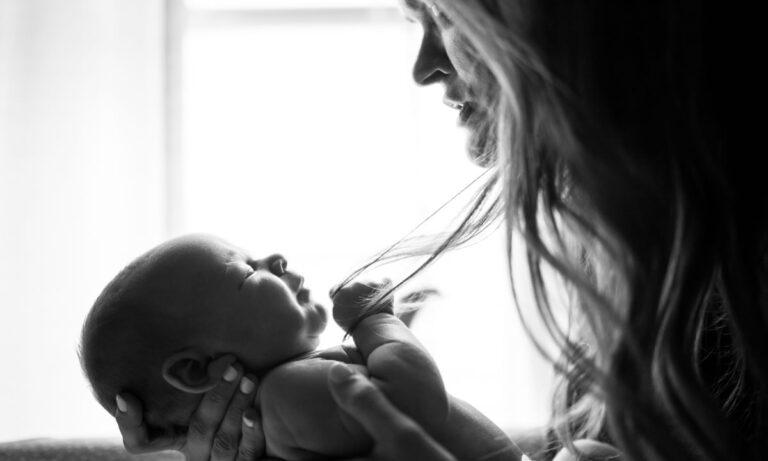Hitting a child is wrong, no matter what word you use for it
No parent wants to hurt their child. If parents knew how to achieve connection, responsible behavior, cooperation, and kindness without hitting, threatening, consequences, time out, or punishment, they would do it. I don’t judge parents who hit their children, yell, or punish; instead, I feel compassion and want to help them become who they truly wish to be, and bring healing to them and to their children. The greatest gift we can give our children is to work on ourselves and become models of nonviolence and of peaceful connections. Children were not created all wrong and needing to be fixed, and guiding them does not require hurting them – ever. Parents want to know how to help their children learn and grow without physical punishment, and need support and guidance.
By Any Other Name
The term spanking is used to reduce a parent’s sense of guilt, through self-denial: “I am not hitting/abusing my child, I am only spanking him.” I advocate eliminating the word “spank” as a first step to awakening ourselves from this unconscious denial. Being compassionate means forgiving yourself, but it doesn’t mean continuing to cause harm.
The child doesn’t care what you call the hitting; it hurts and does emotional damage no matter the semantics, the declared purpose, the strength of the hit, or the follow-up hug the child is coerced into against her honest emotions. Using a different word for striking a child than we would for hitting an adult is self-deception and an endorsement of discrimination by age. Any degree of hitting is hitting, no matter the age. This is also true of emotional control strategies. Words like, “Consequences,” “time out,” “deprivation,” or “teaching discipline,” are the same self-decep- tion as the word”spanking.” Manipulations with praise or rewards are also harmful, but that is a subject for another article. Here I’ll focus on the physical hurting of children.
The only difference between hitting an adult and hitting a child is that the harm to the child is far greater. An adult knows it’s wrong. A child has no such frame of reference and therefore concludes that she is “wrong” and deserving of pain and that her body is someone else’s property.
Her whole point of view about herself and about life is adversely impacted by being physically violated. Being hurt intentionally by a person she loves and depends on makes it even more traumatizing, no matter how light the hit, and how much nice talk follows. In fact, the hugs and love after the hit add to the child’s confusion and compound the long-term emotional injury.
Here are some of the lessons internalized by a child who has been hit:
- Life is scary
- I must lie and hide what I do if it’s not approved (since I can’t stop myself and my parents think I can because they don’t understand)
- No one will understand me; I have to please the adults/authority
- I have to go against myself often, to appease authority and stay out of trouble
- My parents are the boss / the police; I must evade and avoid them
- I am bad and should be ashamed of myself (a big emotional injury)
- I cannot trust those who care for me, anyone or anyone
- I should obey just to avoid pain (a lesson that can lead to being taken advantage of or molested)
- My body is someone else’s property to do as they wish (a prescription for sexual dysfunction)
- How I feel doesn’t matter; I should ignore and suppress myself
- I should obey a bigger / stronger person (this obedience could transfer to a gang leader, a molester, media, peers, partner, or boss…)
- When I grow up, I should hit a weaker person if they don’t obey me
- Might make right, I should solve problems by hitting/controlling people
- Hurting someone is a way to get what you want
- I should hit others when I am the strong one
- The way to resolve problems is by hitting
- Hitting is teaching
- I am worthless; I deserve to be hit
“All wars are learned through the parent-child relationship. Peace on earth, therefore,
starts with you and your child. ”
– “n Naomi al dort”
Many adults work on themselves and overcome the emotional harm done to them, but not everyone can.
It would be much better if we don’t have to recover from our childhoods.
Long-term issues arising from physically punishing a child include insecurity, victim mentality, a tendency to be taken advantage of, bullying or being bullied, anxiety, depression, drug use, alcoholism, eating disorders, suicidal tendencies, learning disabilities, rage, mistrust, sexual difficulties, a sense of isolation, and more. Many live what looks like normal lives, either because they recovered with a lot work on themselves, or they form what looks like a good life while being emotionally compromised.
Quoting the Bible does not make it less harmful.
Solomon was wrong about sparing the rod, and his sons turned out violent. Jesus would have never lifted a finger on a child or anyone. Regardless, we use the Bible in the same way we use the word “spank” or the excuse “I turned out alright.” It’s a justification to support what contradicts every loving bone in a parent’s body and soul. Forgive yourself and move toward healing.
“We talk nicely afterward, and are very close”
Often parents try to hug and make nice with a child after hurting him. The child usually wishes they didn’t; he feels rage and hate toward them, but has to succumb to this coercion anyway. When this process is done, the child feels temporarily relieved and may look content. But underneath, he is shamed and confused, because the hug contradicts his authentic sense of himself and his valid sense of contra- diction to love. He feels temporary relief that the pain and disconnection are over. But he will fail again, be hit again, and the cycle will return. Precisely because he was hurt, and, because the valid cause for his behavior has not been addressed, and his self-image has been damaged.
In other words, the nice talk, hugs, forgiveness, and apologies after a spanking only make things worse, because they prevent the child from seeing that he was mistreated— or, if he sees it, his rage is locked inside. He will either conclude that he is worthless or develop violent emotions leading to mental and social difficulties.
A young person is rarely able to see his parent as wrong; it is too scary to have such a view of one’s parent. He, therefore, takes the judgments all on himself, seeing himself as bad, in order to preserve trust in his parents. This phenomenon is sometimes averted in later years when a child is lucky enough to experience peaceful treatment from another adult, which helps him know that he is mistreated. (This is a concept Dr. Alice Miller calls an “enlightened witness.”)
“Hitting/punishing works; my child is well-behaved”
Some children become more aggressive and behave worse as a result of being abused. Unfortunately, many become super “good kids” not because they learned good values, but because they learned fear-based strategies to avoid being hurt. This fools their parents into thinking that hurting them was effective. Sadly, hurting children is effective in creating such harmful, fear-based compliance. In the long term, such children can be more harmed than those who fight back.
Fear-based compliance is a prescription for severe insecurity, unhealthy dependency, depression, and even suicide, as well as drinking and drug abuse, loss of sense of self, and other mental issues. Indeed, using compliance to avoid being hurt can lead to being in abusive relationships, or even to being molested as a child or in adulthood.
If we habituate a child into acting from fear and the need for external approval, she is likely to look for cues outside of herself (grades, kudos, media, peer pressure, and other external pressures), which is the heart of unhealthy dependency and inner void.
Again, I don’t judge parents, but kindly help them, the same way that I teach them to help their child. The parent who hits is misbehaving and needs help and love, not themselves do recover and become skillful and peaceful with their children, which results in emotionally healthy, responsible, and competent kids.
“But my permissive friend’s child is a brat”
Freedom is not license, and respect is not permissiveness. The reality is that most aggressive children come from punitive homes, not respectful ones. Yes, respectful parents make mistakes too, and those can lead to behavioral issues. No one is perfect. But just because a child isn’t able to behave responsibly doesn’t mean that he hasn’t been hit enough, or that hurting is the solution. It never is. These parents simply need better peaceful parenting skills.
We will make mistakes while learning how to parent; that doesn’t mean that we should fall back on hitting, but instead, we should seek more learning. There are always loving ways to resolve human issues at any age.
Hurting someone is never the solution, and it always causes long-term harm.
“I was hit, and I turned out okay”
Sadly, no. Anyone who was hit as a child didn’t turn out okay (a low bar, anyway). The very ability to hit/hurt/shame a child to any degree is one indication of the harm done to you when you were a child. Indeed, no one can know how they would have turned out if raised by more skillful parents in a peaceful way that is consistent with love.
I hear this claim about “turning out okay” at almost every workshop I conduct. From 30 years of experience and study of human nature, I dare to say with confidence that anyone would have turned out much better—calmer, saner, happier, peaceful, a listener, able to connect in tough moments, etc.—if they were not hit, scared, shamed, given consequences, threatened, or manipulated. Nothing in nature improves by being hurt. Training animals to behave unlike themselves isn’t an improvement for them.
A child grows up to become as kind to herself and to others as she has been treated. God, or nature, did not make a mistake; children do not need to be hurt in order to actualize their loving and caring potential. In fact, they are made to flourish best through loving connections and when feeling free to express themselves emotionally.
Many parents who were physically or mentally abused as children have successfully broken the chain of abuse. If you are still struggling with being punitive and controlling, know that you are not alone and that you can heal and learn the way of peace.
Parents do not want to hurt their children. Once they heal themselves by realizing their own pain first, they will become unable to lift a finger against their child.
When a parent provides leadership without domination, children behave well not out of anxiety or to seek temporary redemption, but out of their own free will. This is because they do not need approval – they know they have it based on how they are treated, and they are eager to belong competently. The best gift you can give to your child is to evolve yourself to become a model worthy of imitating, and to be able to create not a courthouse, but a love house.

